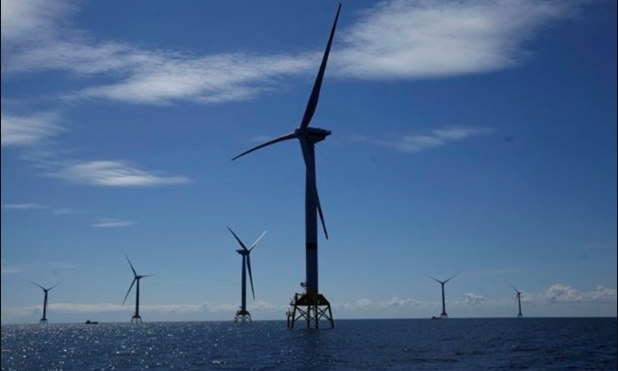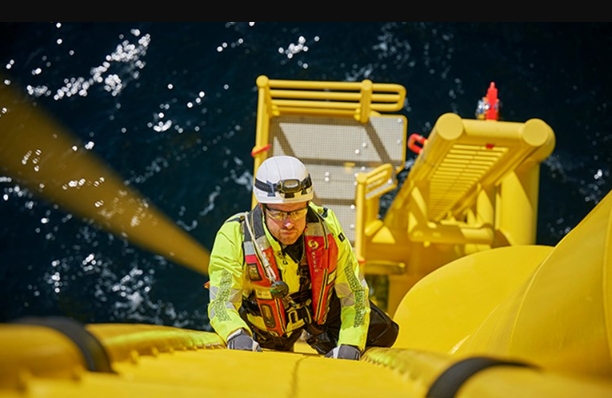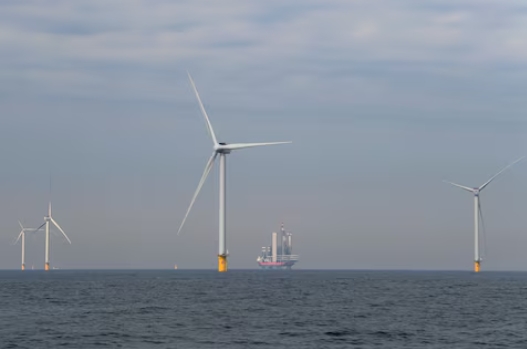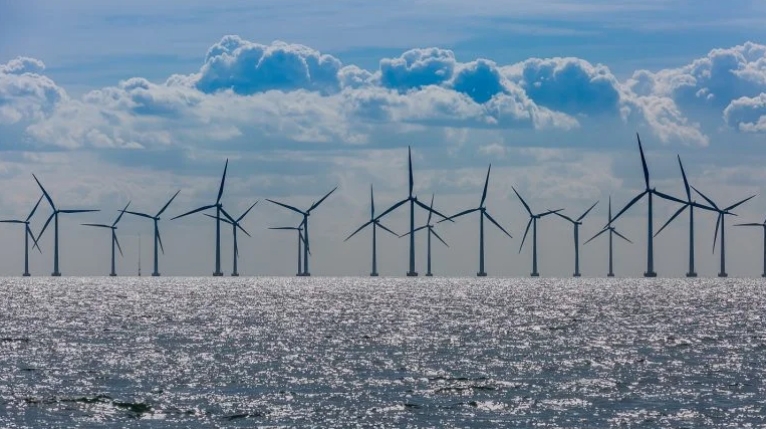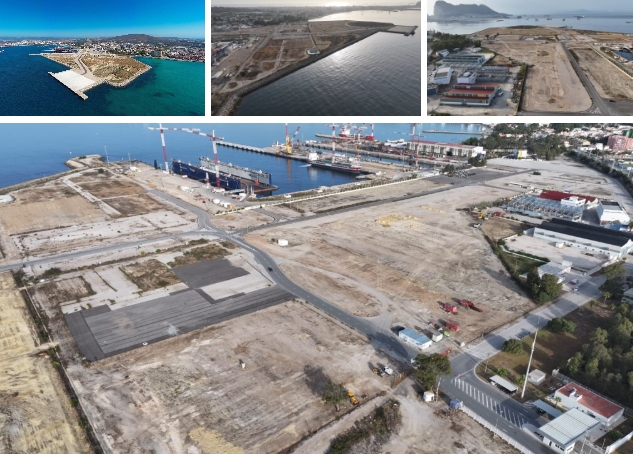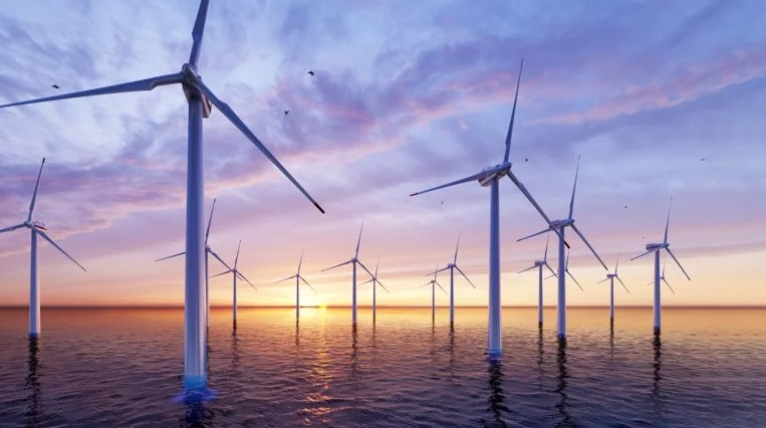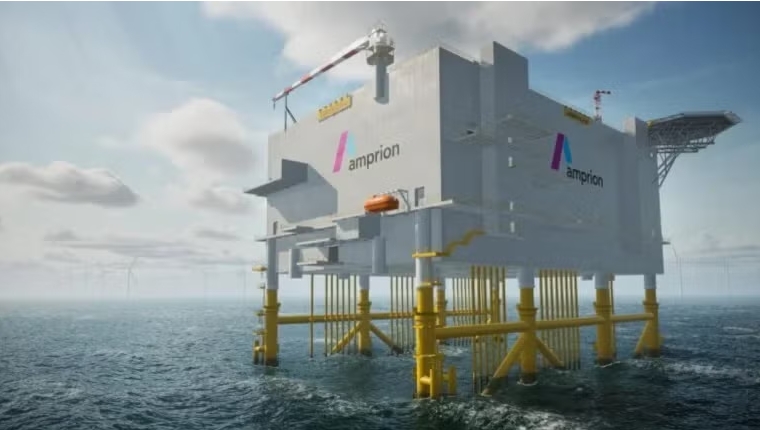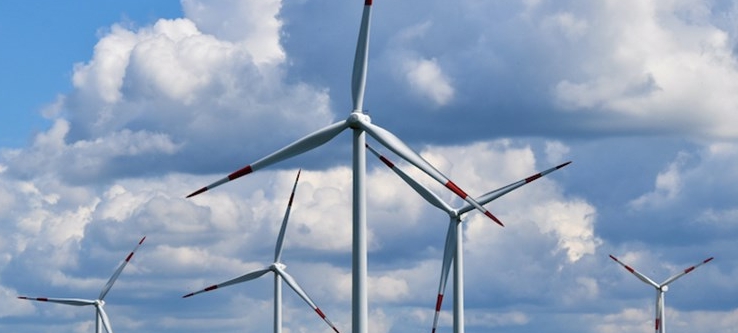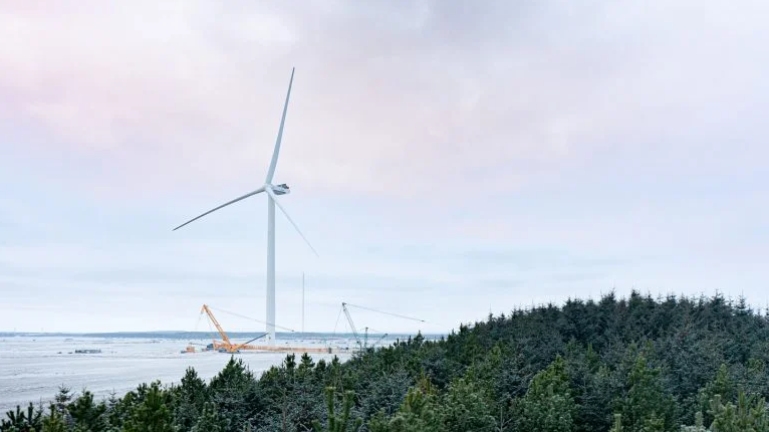
Vestas will supply 68 V236-15.0 MW turbines.
The agreement builds on a conditional order signed by Vestas and Vattenfall in June 2024 for both Nordlicht sites. Construction for Nordlicht 1 is set to begin in 2026, with turbine installation planned for 2027 and full operations expected by 2028. Nils de Baar, president of Vestas Northern and Central Europe, said: “Germany’s energy transition is at a crossroads — balancing security, affordability and sustainability. Together with Vattenfall, we are not just witnessing the change; we are driving the solutions that make it reliable, resilient and accessible for all.” He emphasized the use of low-emission steel in the project, thanking Vattenfall for their strong partnership.
Catrin Jung, head of Vattenfall’s offshore business unit, noted: “With Nordlicht, we are staying on course towards fossil freedom – not just by delivering Germany’s largest offshore wind farm, but by making a significant investment that supports the decarbonisation of industry and strengthens the foundation for a clean and reliable energy system.” She highlighted the ongoing collaboration with Vestas, focusing on innovation and sustainable technology to advance Germany’s energy goals.
The project incorporates efforts to lower environmental impact. Some turbine towers will use low-emission steel, made from 100% steel scrap melted in an electric arc furnace powered by wind energy. This reduces the towers’ carbon footprint by 16%, with the steel itself cutting emissions by 66% compared to traditional methods. The initiative reflects a shared commitment to reducing CO₂e emissions across the supply chain.
Separately, in January 2025, Vestas secured an order for Ukraine’s Tyligulska project, supplying 64 turbines for its second phase. This follows the first phase’s completion in 2023, bringing the project’s total capacity to 498 MW. The Nordlicht 1 order underscores Vestas’ role in supporting renewable energy growth, aligning with efforts to ensure sustainable and efficient power generation in Europe.
